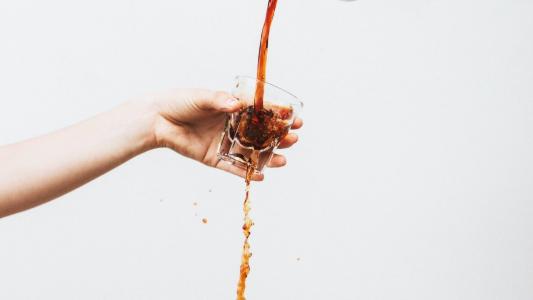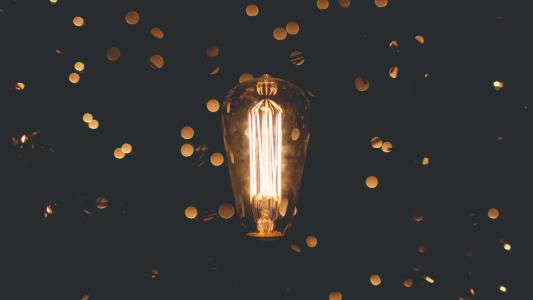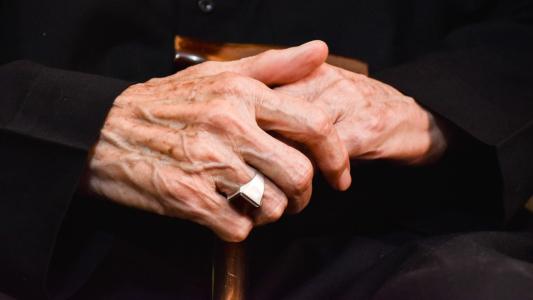Neuroscience
Nope, coffee won’t give you extra energy
You might feel like coffee gives you the energy to get through the day – but chances are, you're not getting as much as you think.
Zapping the brain during sleep helps memories form
Brain stimulation during sleep appears to help with memory consolidation, suggesting a new way to treat people with memory disorders.
Adult-made neurons mature longer, have unique functions
Neuroscientists don't know the degree to which adult brains generate new neurons, but adult-made neurons appear to have more "mature" functions.
The first 10 minutes of sleep can unlock your creative potential
According to prior research, the first ten minutes of sleep, called N1, can provide a creative boost when it comes to solving problems.
Chronic pain can be objectively measured using brain signals
Even though pain is universal and we know it happens in the brain, we've never before had a way to objectively measure its intensity.
Do we finally know what causes Alzheimer’s?
The first treatments proven to slow cognitive decline in Alzheimer’s are helping settle a decades-long debate about how the disease starts.
Paralyzed man walks again using only his thoughts
A man with paralyzed legs is walking again thanks to a “digital bridge” between his brain and a spinal stimulator.
Depression treatment reverses “backwards” brain signals
Transcranial magnetic stimulation (TMS) appears to relieve depression by correcting brain signals that are traveling the wrong direction.
Scientists discovered a “minimum mechanism” required for consciousness
Scientists stimulated the brains of macaque monkeys in an effort to determine which areas are responsible for driving consciousness.
New electronic pill zaps the stomach to regulate hunger
MIT’s new electronic pill stimulates stomach cells to regulate hunger — showing it's possible to hack the powerful gut-brain axis.









